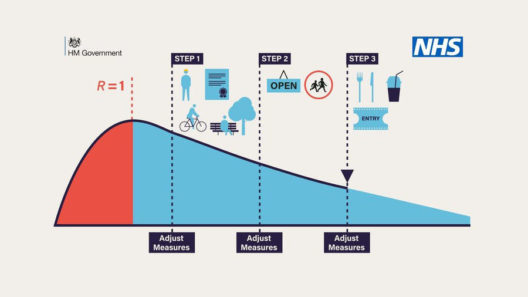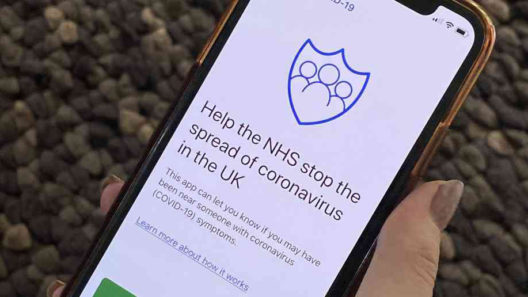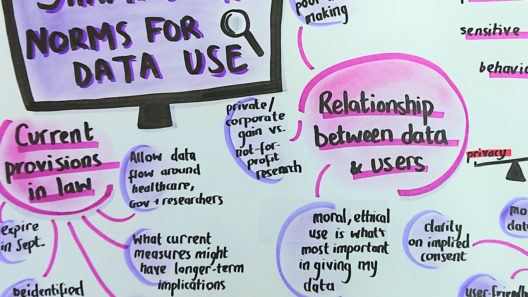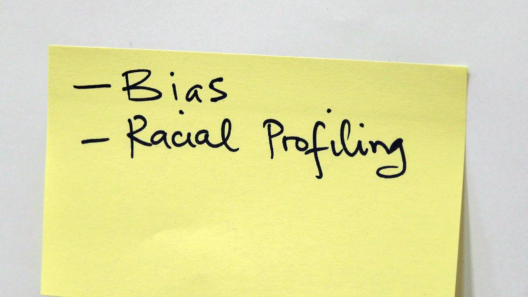Blog
Writing, thinking and debating about how data and AI can be made to work for people and society
Explore the Ada blog
Filter by:

Data, Compute, Labour
The monopolisation of AI is not just – or even primarily – a data issue.

To be seen we must be measured: data visualisation and inequality
How data, bodies and experience entwine.

Society and people: systemic racial injustice and cleaning up our own house
What should the Ada Lovelace Institute do to address systemic racial injustice?

Turn it off and on again: lessons learned from the NHS contact tracing app
The decision to delay the app’s launch is the right one.

A rapid online deliberation on COVID-19 technologies: building public confidence and trust
Considering the question: ‘What would help build public confidence in the use of COVID-19 exit strategy technologies?’

Making visible the invisible: what public engagement uncovers about privilege and power in data systems
Lived experience insights at Citizens’ Biometrics Council and Community Voice workshops show technology can mediate power asymmetries and privilege.

The EU Data Strategy: three key questions
In this long read, we highlight three issues that arise out of the European Commission’s data strategy.

Something to declare? Surfacing issues with immunity certificates
As the building of technical capacity for immunity apps and deliberation about deployment progresses, we surface six issues policymakers must consider

High visibility and COVID-19: returning to the post-lockdown workplace
In the workplace, technology has the potential to help us respond to the health pandemic – and causes concerns about data, privacy and power.

The principles of good deliberative practice
Using the principles of good deliberative practice to test a new engagement methodology on the UK Government's response to COVID-19.

Why we cannot afford to leave technology to the experts – the case for public engagement at times of crisis
Discussing the profound societal challenges raised by developing technologies as central to government strategies in responding to COVID-19.

Removing the pump handle – stewarding data at times of public health emergency
By examining our past, we can find lessons for our future - avoiding pitfalls and ensuring equitable outcomes.